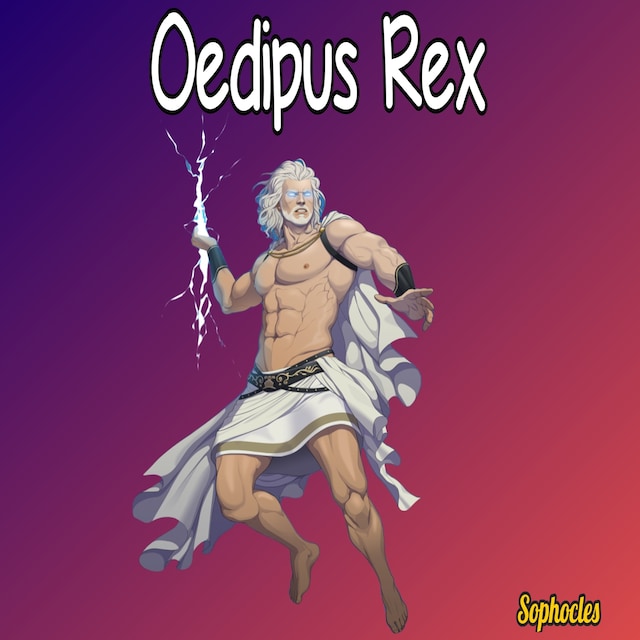
Oedipus Rex or Oedipus the King
Description of the book
Oedipus Rex by Sophocles Audiobook also known by its Greek title, Oedipus Tyrannus (Ancient Greek: Οἰδίπους Τύραννος, pronounced [oidípoːs týrannos]), or Oedipus the King, is an Athenian tragedy by Sophocles that was first performed around 429 BC. Originally, to the ancient Greeks, the title was simply Oedipus (Οἰδίπους), as it is referred to by Aristotle in the Poetics. It is thought to have been renamed Oedipus Tyrannus to distinguish it from Oedipus at Colonus, a later play by Sophocles. In antiquity, the term "tyrant" referred to a ruler with no legitimate claim to rule, but it did not necessarily have a negative connotation.
Of Sophocles' three Theban plays that have survived, and that deal with the story of Oedipus, Oedipus Rex was the second to be written, following Antigone by about a dozen years. However, in terms of the chronology of events described by the plays, it comes first, followed by Oedipus at Colonus and then Antigone.
Plot
Oedipus, King of Thebes, sends his brother-in-law, Creon, to ask the advice of the oracle at Delphi, concerning a plague ravaging Thebes. Creon returns to report that the plague is the result of religious pollution, since the murderer of their former king, Laius, has never been caught.
Oedipus vows to find the murderer and curses him for causing the plague.
Oedipus summons the blind prophet Tiresias for help. Tiresias admits to knowing the answers to Oedipus' questions, but he refuses to speak, instead telling Oedipus to abandon his search. Angered by the seer's reply, Oedipus accuses him of complicity in Laius' murder. The offended Tiresias then reveals to the king that "[y]ou yourself are the criminal you seek".
Oedipus does not understand how this could be, and supposes that Creon must have paid Tiresias to accuse him. The two argue vehemently, as Oedipus mocks Tiresias' lack of sight, and Tiresias retorts that Oedipus himself is blind. Eventually, the prophet leaves, muttering darkly that when the murderer is discovered, he shall be a native of Thebes, brother and father to his own children, and son and husband to his own mother.


